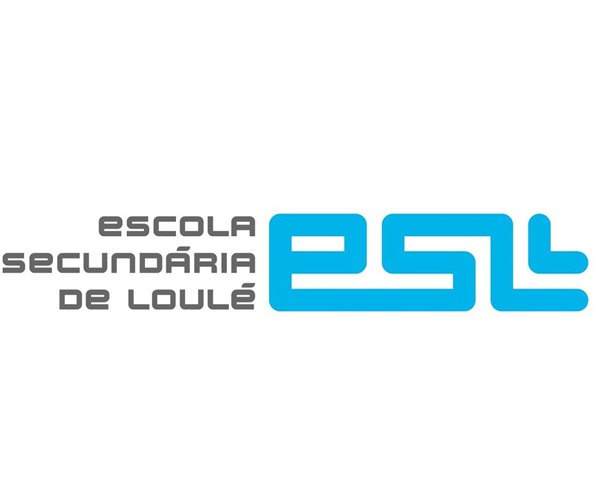
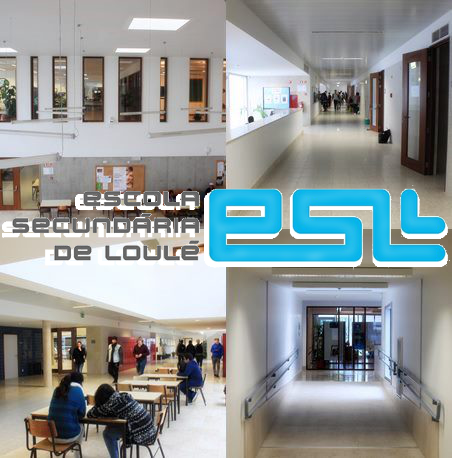
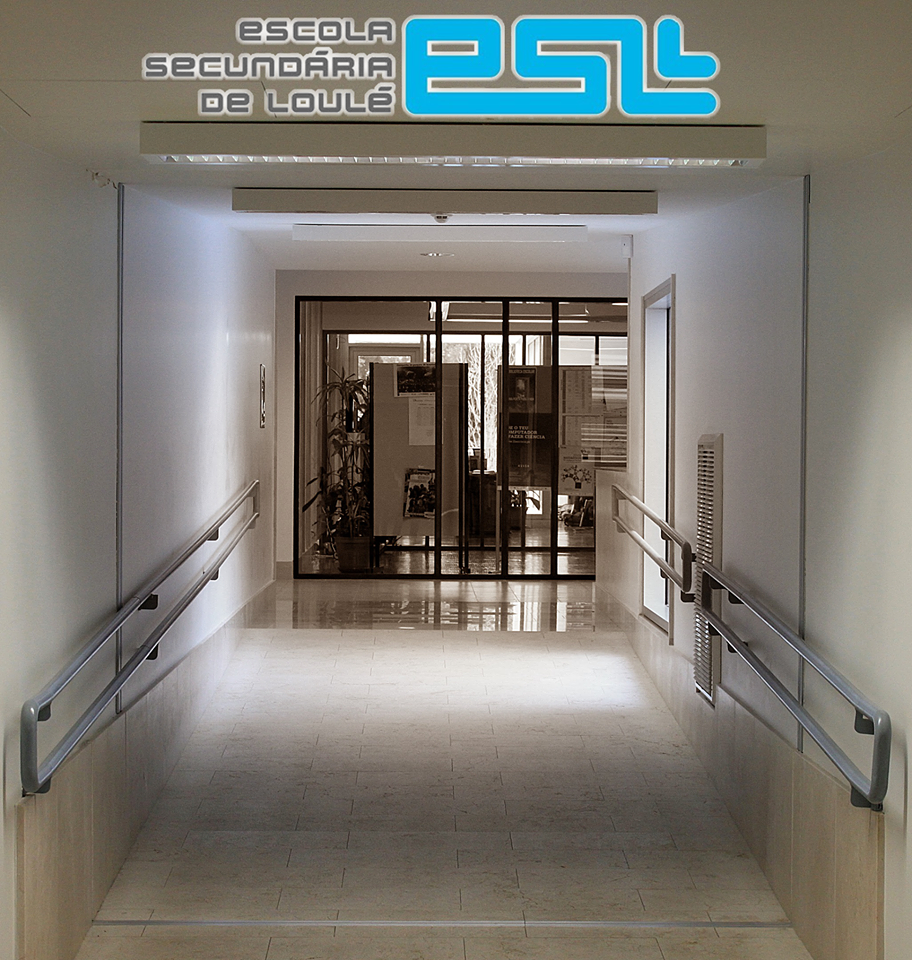
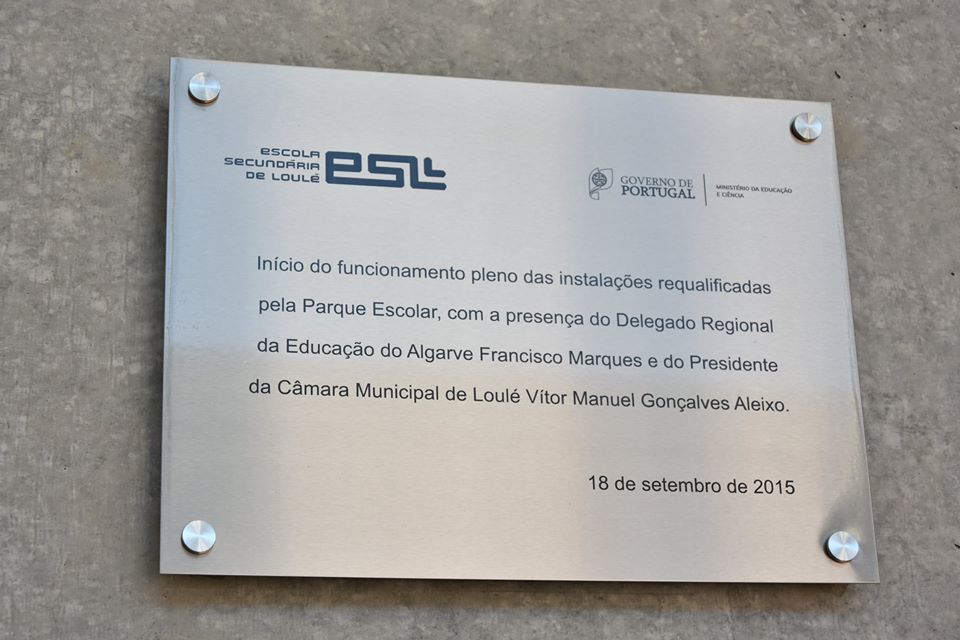
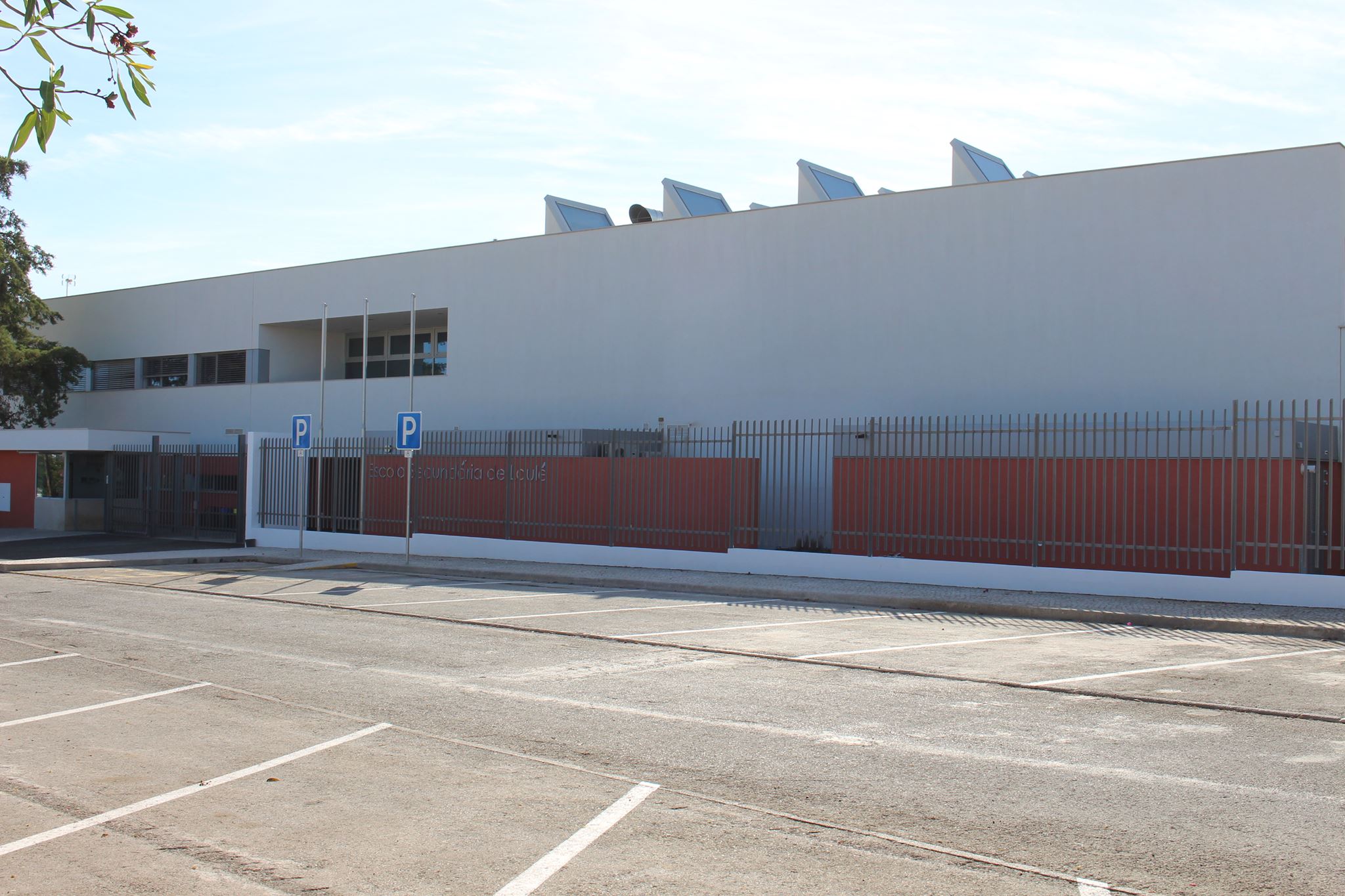
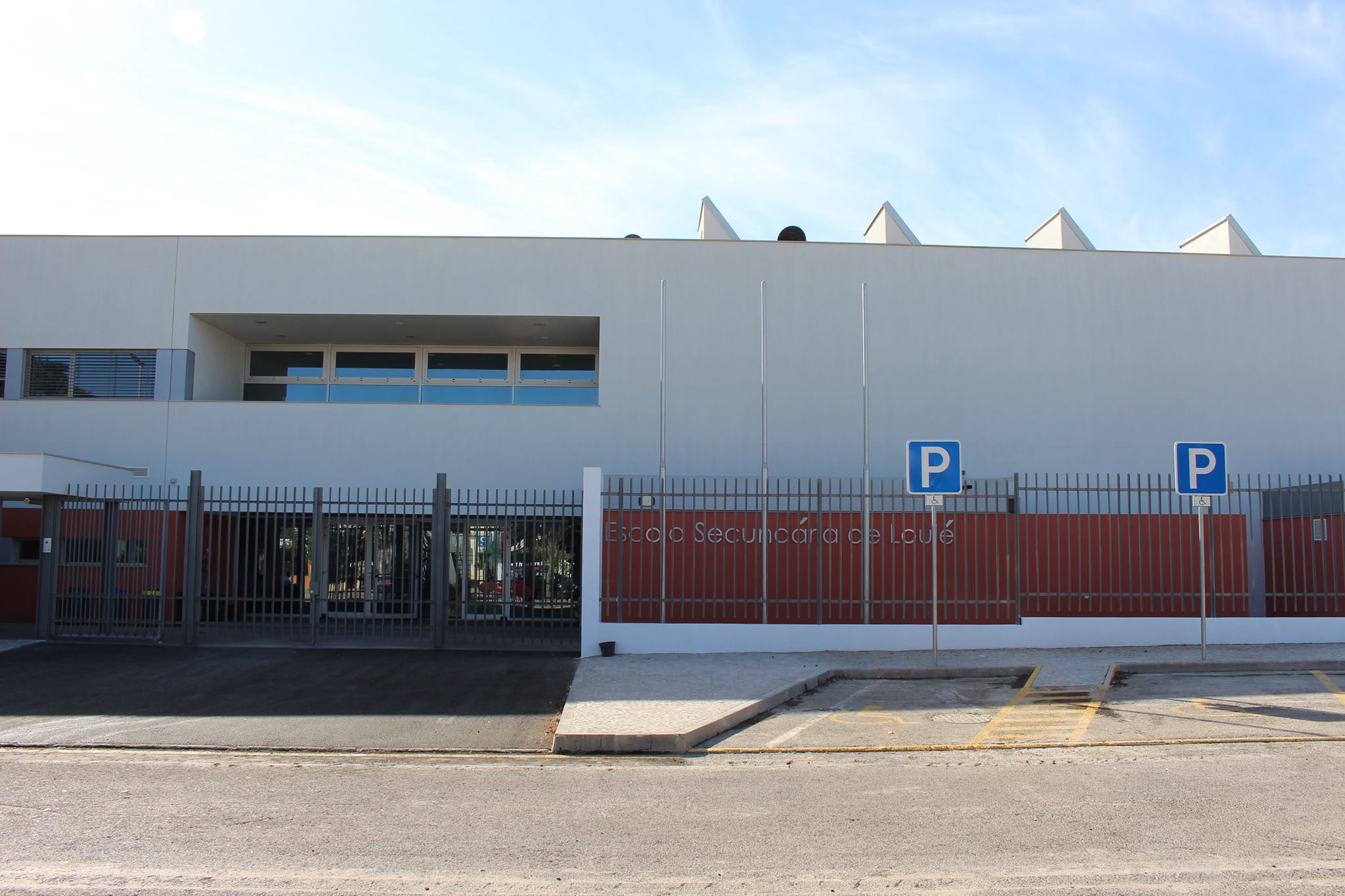
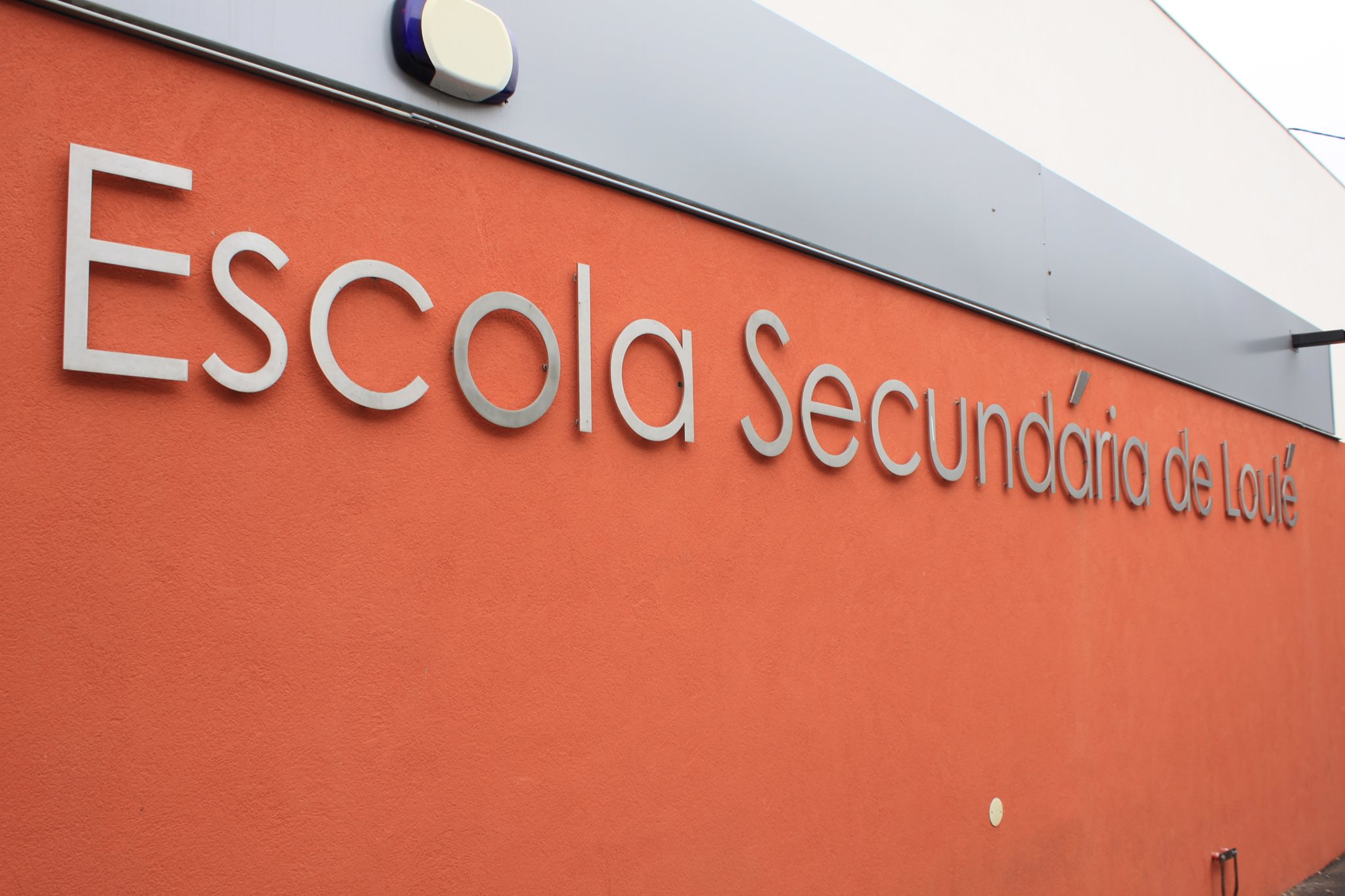
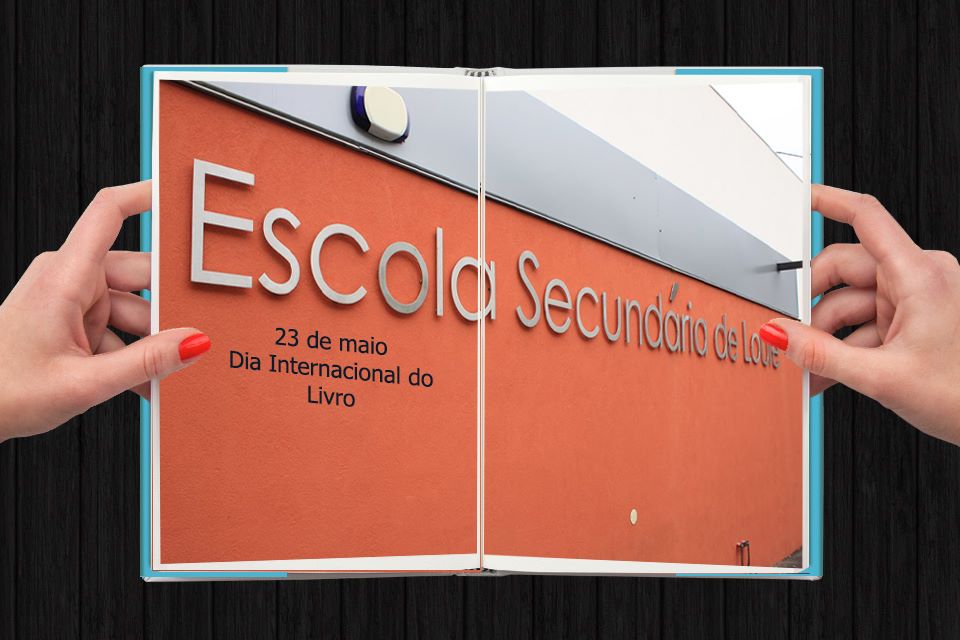


School: Escola Secundária de Loulé
Address: Avenida Laginha Serafim, 8100-740 Loulé, Portugal
Phone: +351 289412725
Email: info@es-loule.edu.pt
Diretor: Alexandre Costa
Coordinators: Paulo Ribeiro (pribeiro@es-loule.edu.pt) and Duarte Duarte (dduarte@es-loule.edu.pt)
Website: https://www.es-loule.edu.pt/portal/
Facebook: https://www.facebook.com/esloule/
Teachers Envolved: Ana Maria (Chemistry), Duarte Duarte (IT), Fernanda Martins (Geography), Gisela Barros (Physics), Hélia Caetano (Biology), Lucília Pires (Design), Margarida Silva (Biology) and Paulo Ribeiro (IT)
Students Envolved:
Description:
Loulé Secondary School has about 135 teachers who teach: 35 staff in the different functional areas of the school, regular education (Science and Technology, Socioeconomic Sciences, Arts and Literature and Literature), in a total of 26 classes in the three years of school in Portugal (10th, 11st and 12nd); Vocational Education, Technician of Computer Equipment (3), Computer Programming (3), Technical of Electrical Installation (2), Technical of Graphic Design (3), Multimedia (3), Technician of Renewable Energies (1), Restaurant Technician (3), Cooking Technician (3), Environmental and Rural Tourism Technician (3), Mechatronics Automobile (3), Sports Technician (3) Health Care Technician (3), School Technician (1) and High Voltage Technician (1) in a total of 35 courses in the three Years of teaching (10th, 11st and 12nd); Adult Teaching Night Courses. It has a total of about 1200 students, between 15 and 21 years of age, distributed by all the training modalities. It presents a total of 35 employees, distributed by the school administration, social action service, training center and operational assistants.
It is a multicultural school that has students of different nationalities and from different continents.
The school encourages and supports the realization of partnerships, cultural and linguistic exchanges and mobilities, considering them to be more valuable for students and teachers, in order to enrich and open horizons. In the educational project "Orienting knowledge, developing skills, preparing for citizenship" one of the main objectives is to provide instruments for academic and professional success in an increasingly competitive and multicultural Europe. In its vision for the future, it aims to open a school to the world, forming students and teachers with a global vision of the education system.
In order to carry out a future work, priority areas for intervention were identified: "diversification of teaching / learning methodologies / strategies aimed at improving / reinforcing cognitive, psychology and psychology, Academic and professional skills with quality, autonomy and creativity; Creating conditions that foster active European citizenship, in a pleasant climate and facilitating interactions; Promotion of educational partnerships at various levels, local, national and international, such as the formation of a scientific, linguistic, cultural and social formation of the school community; Offering alternative training courses that respond to the expectations of young people and their families and the demands of the business community in the region while allowing the development of social, academic and / or motivational skills to help them to avoid dropping out of school " .
The school population includes all social classes, but with a current situation of the country, there is a strong growth of families with economic difficulties. This is associated with social problems that are reflected in young people who arrive at school and who are also amplified by the extension of compulsory schooling from 16 to 18 years.
ESL is committed to finding solutions to reverse these situations. This is motivation in the classroom, for the search of methodologies and teaching essays that approach a know-how, a classroom to the real world of young people, increasingly heterogeneous public.
ESL develops evaluation mechanisms to improve service and results. In the year of transition, it was submitted to an External Evaluation, having obtained a very satisfactory evaluation and that an educational policy is followed by a correct one. The ESL integrates the ESXCEL national project, its objective is to promote educational excellence for the development, continuous evaluation and presentation of solutions and models of educational development.
ESL strongly encourages its staff to develop scientific and professional competencies, training, exchange projects and sharing of best practices as a way to improve the quality of teaching / learning and to promote educational success.